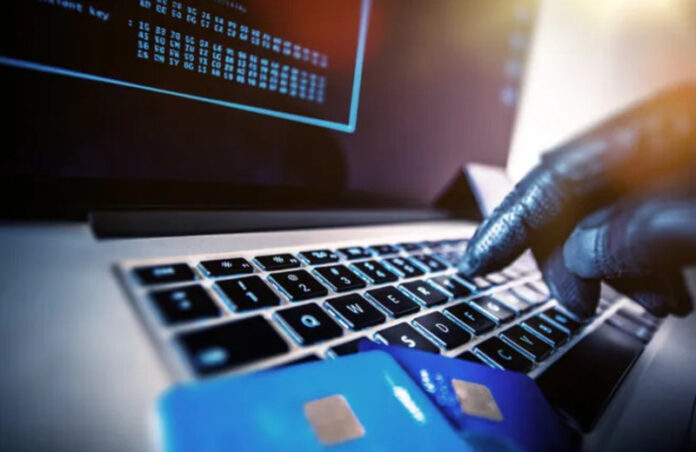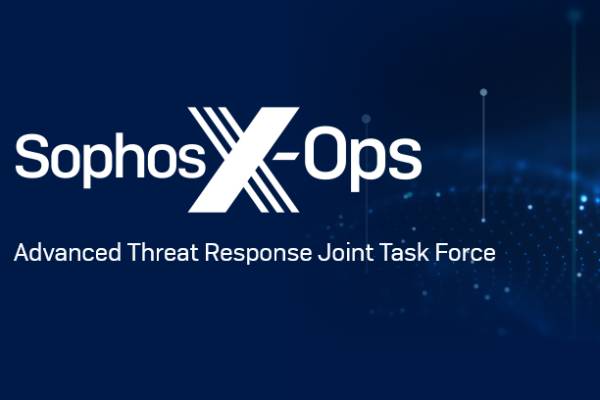How online privacy and security will look like in 2022

In many ways, 2021 was a watershed moment for online privacy. Apple released an update in April 2021 that allowed users to opt-out of app tracking, with the majority of iPhone users having done so by the end of the year.
There were even discussions about turning off tracking technology in the world’s most popular web browser.
On the legislative front, South Africa’s Protection of Personal Information Act (POPIA) went into effect in July. (The equivalent acts in Kenya and Nigeria went into effect in 2019.) According to Gartner, modern privacy laws will cover 75% of the world’s population by the end of 2023.
However, there is clearly still a lot of work to be done. There had been more data breaches by the end of September 2021 than there had been in the entire year of 2020, affecting hundreds of millions of people. The average cost of a data breach has risen to $4.24 million, the highest in 17 years.
This demonstrates that online privacy and security is an ongoing battle, and that businesses of all sizes must continue to increase their efforts to protect their customers and employees. While it is difficult to predict how this will play out in 2022, there are several definite trends that will have an impact throughout the year.
Privacy will become (even more) commonplace
With big tech embracing, or at least making an effort to embrace, privacy, it’s likely to become even more mainstream. This will be beneficial in many markets, particularly those where the majority of ordinary business owners are unaware of their customers’ privacy desires and needs.
According to a Zoho survey conducted earlier in 2021, only 22% of South African businesses are aware of privacy laws governing their marketing activities, despite POPIA going into effect on July 1st. It was also discovered that, while 76 percent of businesses stated that they have well-documented policies in place to protect customer data, only 57 percent strictly enforce those policies.
At Zoho, data privacy is regarded as more than a legal requirement; it is also regarded as an ethical choice. The team is serious about protecting customer data and strives to create applications that treat user data responsibly. In addition, in 2020, Zoho took a strong stance against adjunct surveillance—the practice of monitoring data and activity through third parties, cookies, and trackers embedded in software/website—and removed all invasive/non-essential third-party trackers from its websites.
The growing significance of data (safely) dumping
Companies that have spent years attempting to collect as much data on their users as possible are beginning to realize that it is not always an asset. In fact, many organizations are sitting on massive “data graveyards,” which pose a significant security risk.
The better they get at securely disposing of that data, the less risk they’ll face from cybersecurity breaches. Companies will be forced to improve their governance as laws become more stringent, but the organizations that go above and beyond in terms of data governance will fare best.
Transparency is becoming more popular
As privacy has become a more mainstream issue, it has also become a much bigger concern for ordinary consumers, who are becoming more privacy-conscious with each passing day. People want to know that companies will not collect data that they are not comfortable sharing, and that the data they do collect will be completely transparent.
Organizations that boldly declare their data collection practices with complete transparency and accountability will gain a competitive advantage over the next few years.
A greater level of responsibility
Finally, organizations must establish a company-wide data governance framework to ensure that only the necessary amount of data is collected from customers with their explicit consent and is then used, stored, and managed responsibly. Equally important, organizations should ensure that their business software providers and vendors adhere to the same stringent data privacy guidelines, policies, and compliance procedures.







